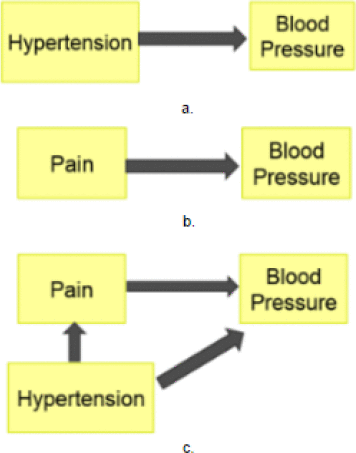Main Point
Augmented personalized health, empowered by the integration of smart data through IoT devices and AI technologies, is poised to revolutionize healthcare. By harnessing real-time data from wearable devices, patient monitoring systems, and other IoT devices, healthcare providers can gain valuable insights into patients' health statuses. AI algorithms analyze this data to detect patterns, predict diseases, and offer personalized treatment recommendations. This innovative approach enhances early diagnosis, promotes preventive care, and ultimately improves patient outcomes, ushering in a new era of healthcare.
6 Salient Points
Augmented Personalized Healthcare by leveraging wearable devices, sensors, and other IoT-enabled tools, healthcare professionals can collect real-time data about patients' health, lifestyle, and behavior. Augmented personalized healthcare empowers individuals to actively participate in their health management. Patients can monitor their health in real-time, receive personalized health recommendations, and access healthcare services remotely, leading to more proactive and preventive healthcare practices.
Facing challenges such as Sensor data reliability and quality, Sensor data heterogeneity, Contextual interpretation and abstraction, Personalized Health, Health objective, and addressing them requires a combination of advanced technology, data analysis, and healthcare expertise.
Introduce a concise solution for using semantic, cognitive and perceptual computing in health care. Incorporating Semantic, Cognitive, and Perceptual Computing solutions in healthcare leads to a holistic approach, addressing data integration, intelligent analysis, and user experience. This comprehensive strategy revolutionizes healthcare delivery, ensuring accurate diagnoses, personalized treatments, and improved patient engagement, ultimately transforming the healthcare landscape.
Khealth's personalized digital health approach for asthma typically includes features such as symptom tracking, medication reminders, inhaler usage monitoring, and integration with wearable devices to collect relevant health data. By analyzing this data, the platform can offer insights into asthma triggers, help users understand their condition better, and provide real-time guidance to manage their symptoms effectively.
The kHealth framework for bariatrics for managing and monitoring the post-surgery bariatrics patients uses the multimodal data from devices such as the Fitbit, pill bottle sensor, water bottle sensor, weighing scale, and android application. The framework monitors patient's compliance with post-surgery progress, recommends post-surgical guidelines and motivates patients to have proper follow-ups.
Khealth's approach to personalized digital health in the context of pain management is likely to be comprehensive and tailored to individual needs. Including: Pain Tracking, Medication Reminders, Physical Therapy Exercises, Mindfulness and Relaxation Techniques.
🎯Research Appendix





